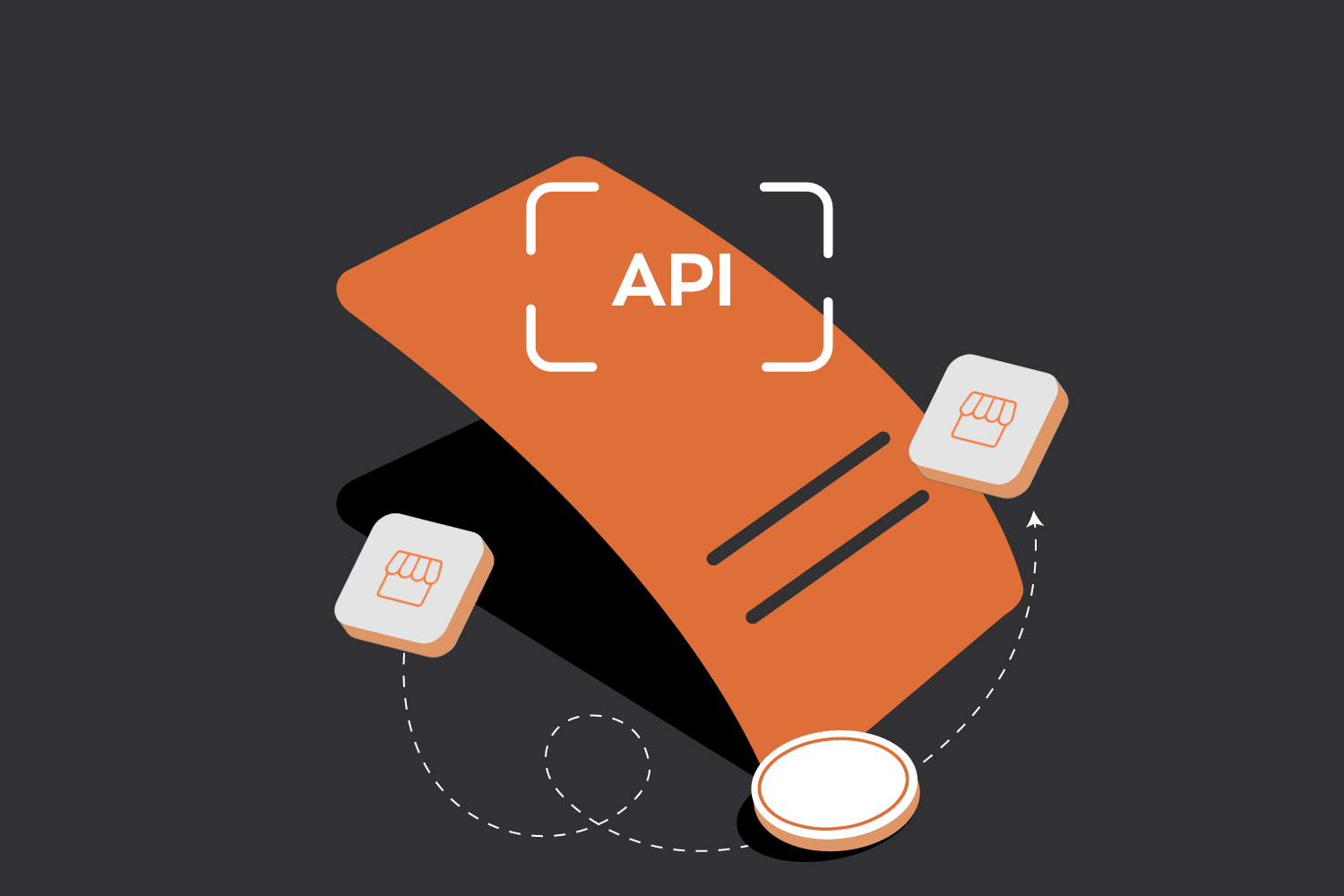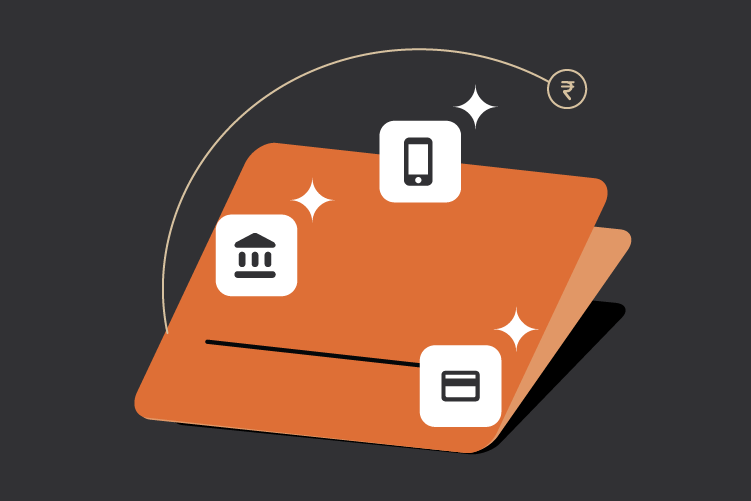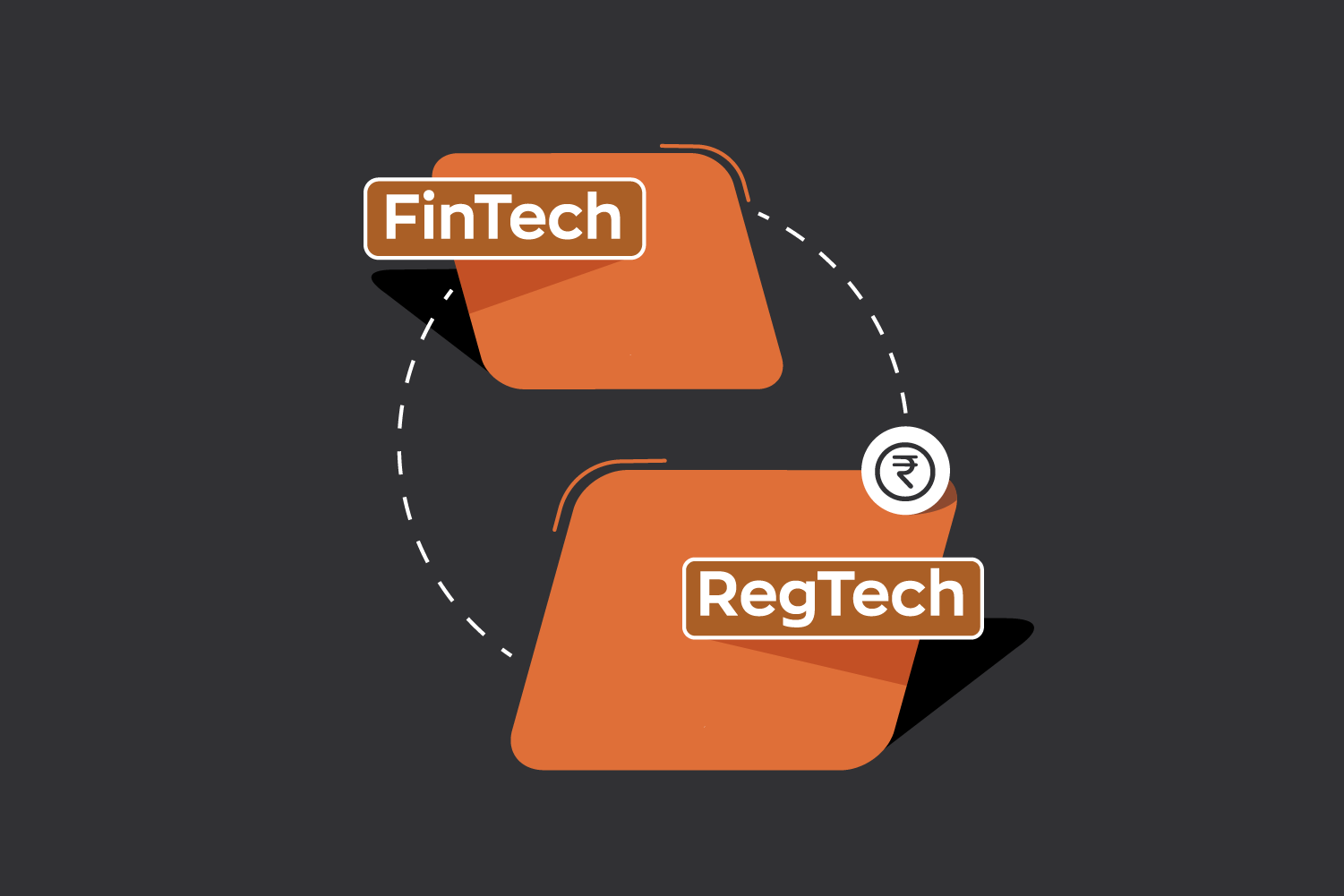When customers make purchases, the experience at checkout plays a pivotal role in shaping their perception of a brand. An efficient and frictionless payment process has become an essential part of any successful business strategy. Offering multiple payment options ensures businesses cater to diverse customer preferences, enhancing satisfaction and retention rates.
Why Offering Diverse Payment Options Matters
Data suggests that 13% of online shoppers abandon their carts due to limited payment methods (Baymard Institute). In an era where convenience drives decisions, businesses must prioritize flexible and secure payment solutions. From credit and debit cards to mobile wallets and Buy Now, Pay Later (BNPL) services, a range of options empowers consumers to choose what suits them best.
But how do payment options impact business revenue? Studies show that businesses providing diverse payment choices see an average of 30% higher revenue than those with limited options (PR Newswire). Furthermore, integrating preferred payment methods reduces cart abandonment rates, improves conversion, and builds trust.
Overview of Payment Options Available in the Market
A variety of payment options cater to the diverse needs of modern consumers. Here is a breakdown of the most popular payment methods:
Credit and Debit Cards
- Meaning: These are widely accepted financial tools for in-store and online transactions, offering features like rewards programs, purchase protection, and ease of tracking expenses.
- Advantages: Universally accepted, offers security for purchases, and helps users build financial discipline.
The number of payment cards in circulation worldwide grew by nearly one billion between 2022 and 2023 and is forecast to increase further. By 2028, it is expected that 29.99 billion payment cards will be in circulation.
Source: Statista
Mobile Wallets
- Meaning: Digital wallets, accessible via smartphones or wearable devices, enable contactless payments securely and conveniently.
- Advantages: Fast, secure, and increasingly popular with younger demographics.
- Examples: Apple Pay, Amazon Pay, PhonePe.
UPI (Unified Payments Interface)
- Meaning: UPI is a real-time payment system that facilitates instant money transfers directly between bank accounts, simplifying digital transactions.
- Advantages: Zero fees, instant processing, and highly accessible.
UPI achieved 15,547 crore transactions worth ₹223 lakh crore from January to November 2024, showcasing its transformative impact on financial transactions in India.
Source: @FinMinIndia
Buy Now, Pay Later (BNPL)
- Meaning: BNPL payment plans allow consumers to make purchases immediately while spreading the cost into smaller, manageable installments over time. This makes it easier for them to afford high-value items without the need for traditional credit cards.
- Advantages: Increases average order values, appeals to budget-conscious consumers, and offers flexible repayment options.
Bank Transfers
- Meaning: Direct money transfers between bank accounts, often used for large payments due to their simplicity and reliability.
- Advantages: Cost-effective, transparent, and involves no intermediary fees.
Cash and E-Cash
- Meaning: Traditional cash payments and digital cash equivalents, offering convenience and accessibility for all.
- Advantages: Universally accepted, secure, and critical in regions with limited digital adoption.
Types of Payment Cards: A Breakdown
Payment cards remain the backbone of digital and in-store transactions. Here’s a look at the major types:
Credit Cards
- Meaning: Credit cards allow users to borrow funds within a predetermined limit for purchases.
- Benefits: They provide rewards, cashback, and purchase protection. They’re also essential for building a credit history.
- Popular networks: Visa, Mastercard, American Express, and Discover.
Debit Cards
- Meaning: Linked directly to a user’s bank account, debit cards enable payments using available funds.
- Benefits: No interest charges or borrowing limits; they are universally accepted (online & offline) and offer instant access to funds, making them a convenient choice for everyday transactions.
Prepaid Cards
- Meaning: These cards need to be pre-loaded with funds before use.
- Benefits: They’re ideal for budgeting and are not tied to a bank account, making them accessible to individuals without traditional banking services.
Virtual Cards
- Meaning: Digital versions of payment cards generated for one-time or limited transactions.
- Benefits: They offer enhanced security for online purchases, eliminate the need for a physical card, and significantly reduce the chances of fraud.
Corporate or Business Cards
- Meaning: These are cards issued to companies to streamline employee expense management and facilitate business-related payments efficiently.
- Benefits: It simplifies business expense tracking and often includes tailored perks such as travel insurance, higher credit limits, and exclusive rewards.
Payment Gateways: The Bridge Between Businesses and Payment Options
A payment gateway plays a crucial role in ensuring these payment cards and other methods integrate smoothly into the transaction flow. It’s the technology that securely authorizes payments, bridging the gap between the merchant and financial institutions.
Zwitch Payment Gateway, for instance, is engineered to optimize this process for businesses of all scales. By supporting over 150+ payment options—including credit and debit cards, UPI, wallets, and BNPL services—it ensures your customers have ample choices. Moreover, its real-time analytics and advanced fraud detection mechanisms enhance security and transparency.
Interested in our APIs? Let’s talk!
Tell us your automation goals, and we’ll set you up with a free, personalized demo from our API expert.
Click HereKey Considerations When Choosing Payment Options
Businesses must weigh several factors when deciding on payment options:
- Target audience: Younger demographics often prefer mobile wallets and UPI, while older customers may rely on traditional cards.
- Security: Ensure robust compliance with standards like PCI DSS to protect customer data.
- Integration: Opt for solutions that integrate seamlessly into your existing infrastructure.
- Cost: Evaluate transaction fees and other associated costs.
The variety of payment options you offer can make or break your customer’s checkout experience. While traditional payment cards remain a staple, embracing emerging methods like BNPL and mobile wallets ensures you’re catering to modern consumer preferences. With solutions like Zwitch’s payment gateway, businesses can integrate these options seamlessly while ensuring security, scalability, and a user-friendly experience.
Strengthen your business by prioritizing payment diversity. A seamless checkout process today boosts conversions and fosters long-term customer loyalty.



0 Comments